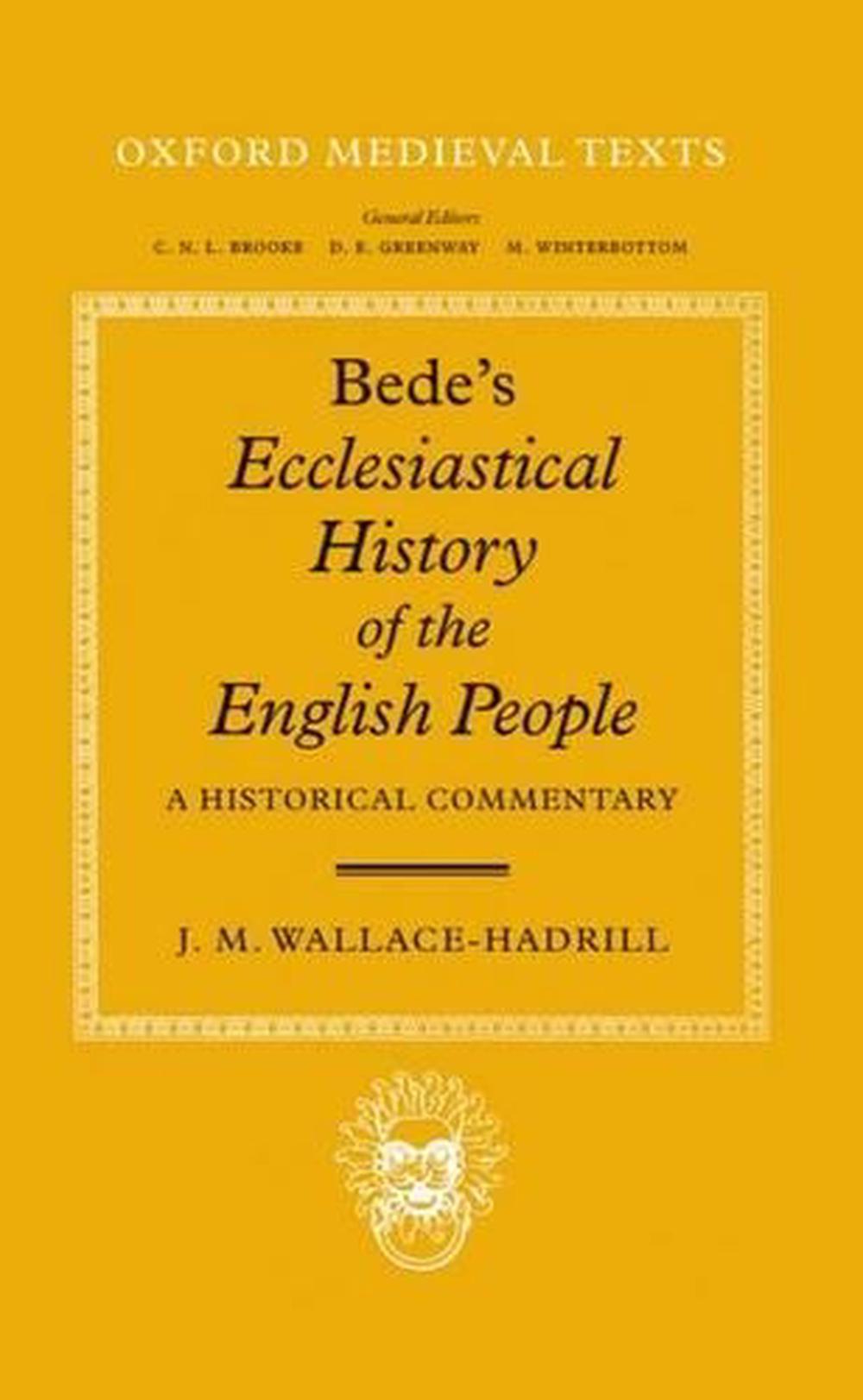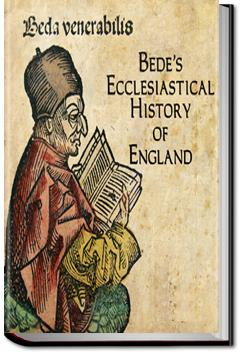
This edition now includes Bede's Letter to Egbert concerning pastoral care in early Anglo-Saxon England, at the heart of which lay Bede's denunciation of the false monasteries and The Death of Bede, an admirable eye-witness account by Cuthbert, monk and later Abbot of Jarrow, both translated by D. Leo Sherley-Price's translation brings us an accurate and readable version, in modern English, of a unique historical document. It goes on to tell of the kings and bishops, monks and nuns who helped to develop Anglo-Saxon government and religion during the crucial formative years of the English people. One is that among classical and early medieval historians there was a considerable tradition of describing the barbarian world, of paying particular attention to the institutions, mores, and customs of the Germanic people or whoever might be the subject of the tale.Written in AD 731, Bede's work opens with a background sketch of Roman Britain's geography and history. The Ecclesiastical History imagines an English people united not so much by culture or language or geography as by faith, the Roman Christianity brought to.

We do so both to show that Bede is so rich and so multifaceted that he is immensely valuable for many purposes besides those of greatest obvious interest to him, and because the sources for social and economic life in those years are so poor that everything available is legitimate grist for the mills of our analysis.Īctually there are two reasons why Bede might have furnished us with the kind of information we are seeking. This is surely a strange purpose for which to use the Ecclesiastical History. How Fursa built a monastery among the East Angles, and of his visions and.

Of the life and death of the religious King Sigbert Circ.

As a relatively newly formed nation, it was searching for its. How a prop of the church on which Bishop Aidan was leaning when he died, could not be consumed when the rest of the Church was on fire and concerning his inward life. Instead, we propose to be perverse and to attempt to read Bede's text as though he had been a sociologist or an economic anthropologist: What can we learn from him about the “material conditions” of life in post-Roman and early Anglo-Saxon England, especially about life in the sixth and seventh centuries. Bedes Ecclesiastical History of England was one of the first major histories of the English. Bede's qualities as a historian are well known and widely appreciated, and they need no further exposition here.

The author of the Ecclesiastical History of the English People was the greatest historian writing in the West between the later Roman Empire and the twelfth century, when we come to William of Malmesbury, Otto of Freising, and William of Tyre.


 0 kommentar(er)
0 kommentar(er)
